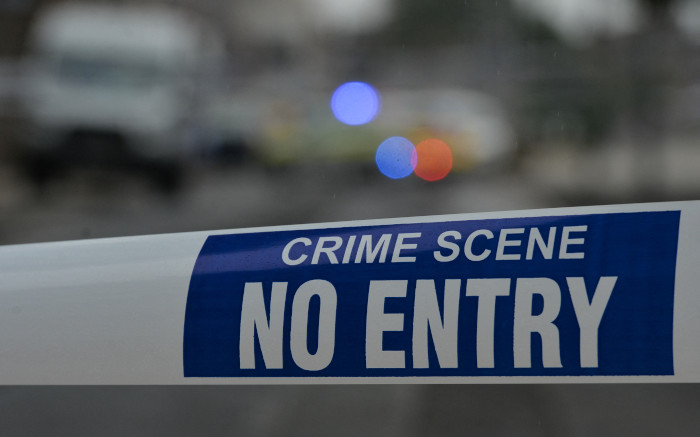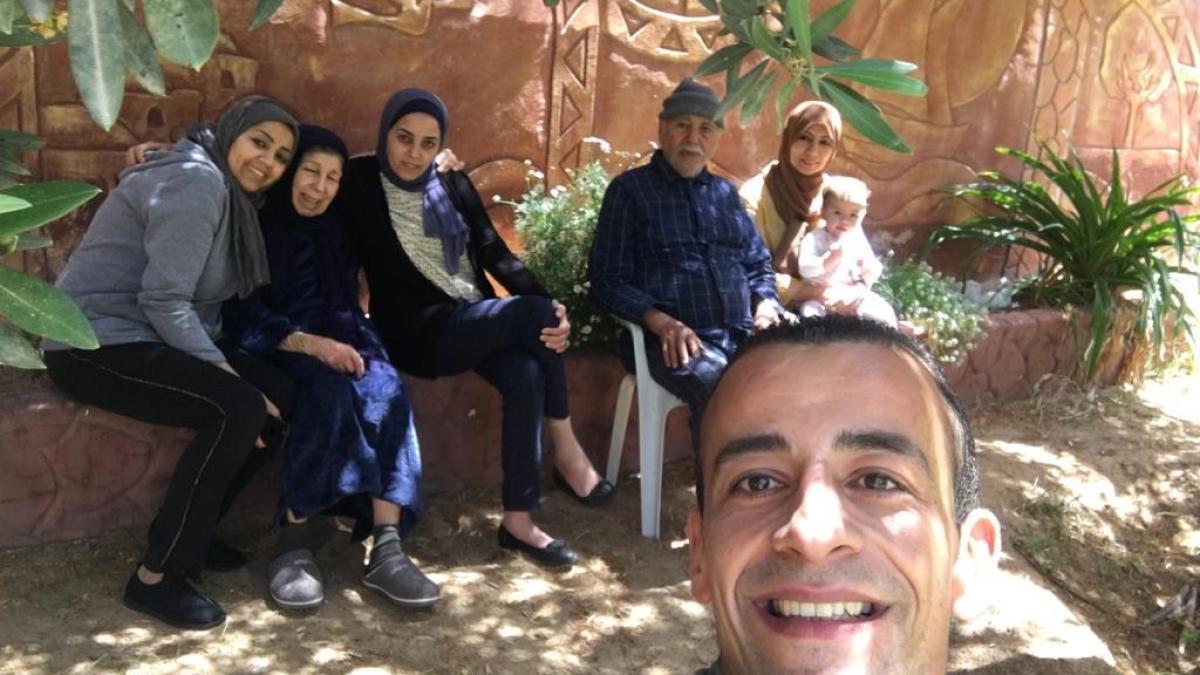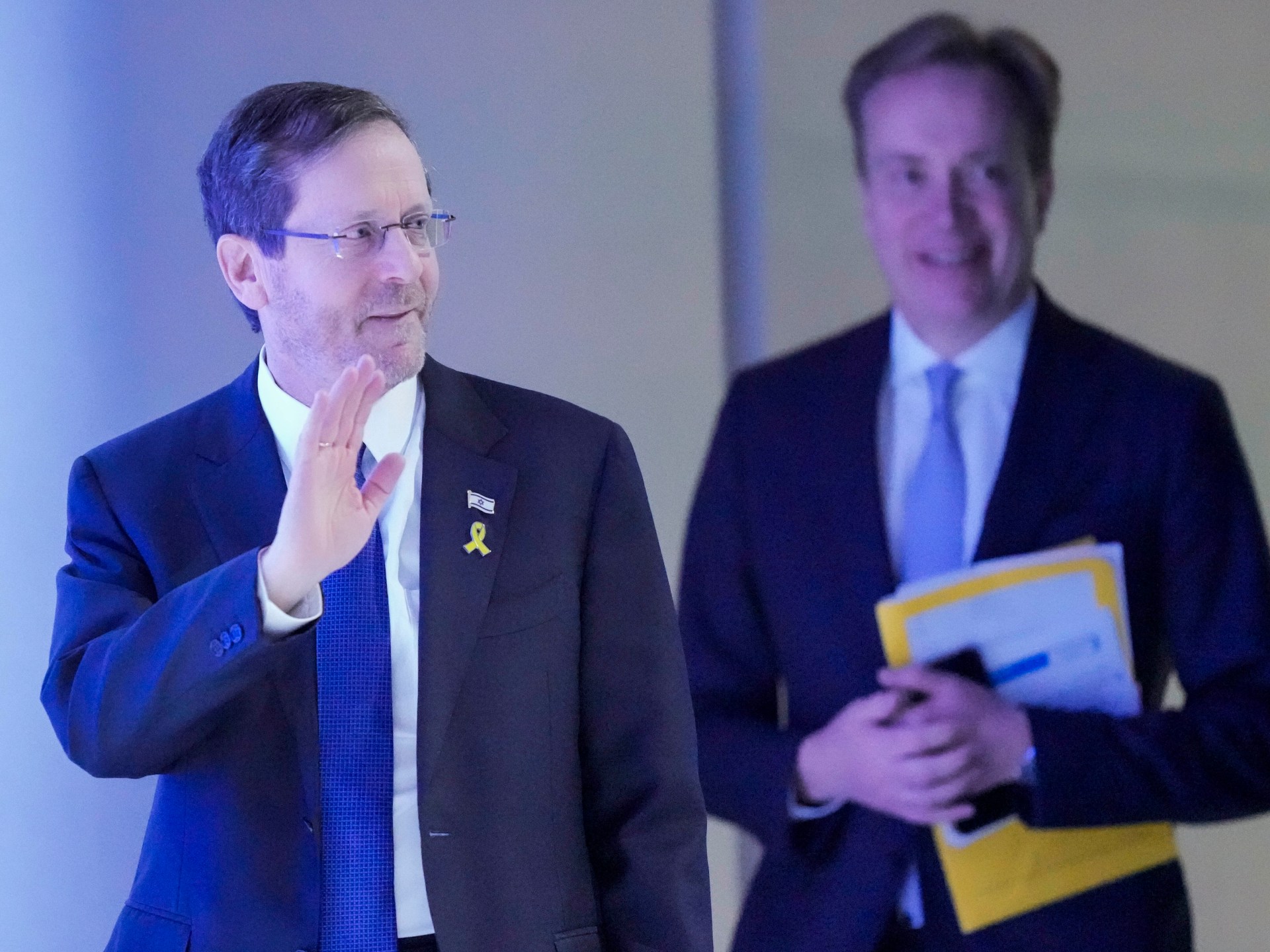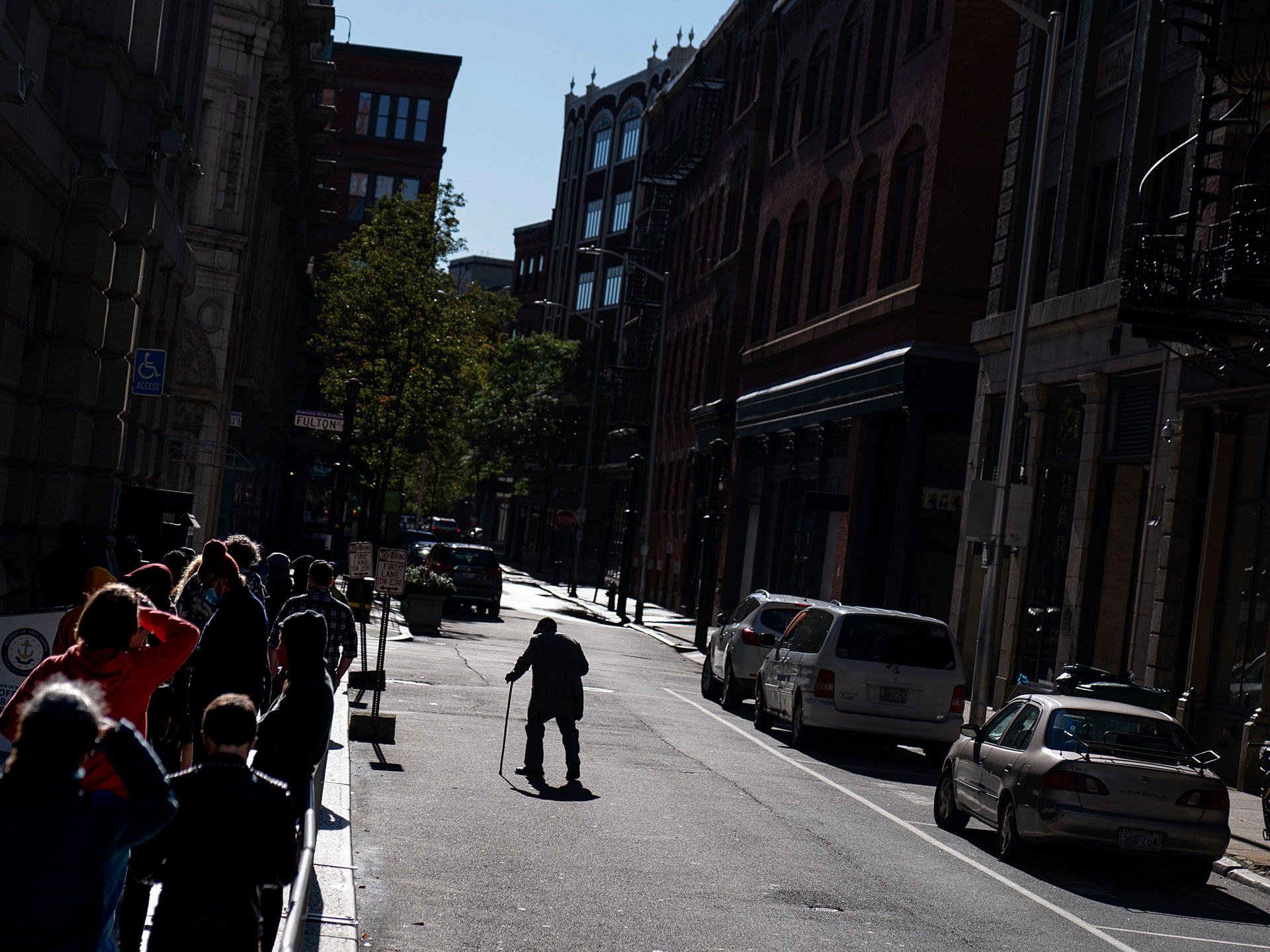
JERUSALEM (AP) — The U.N. World Court responded harshly Friday Israel’s war against Hamas in the Gaza Strip and called on Israel to “take all measures” to prevent genocide against the Palestinians. However, it failed to call for an immediate ceasefire, as the case’s South African supporters had hoped.
All sides tried to achieve victory the regulationby taking up various elements that supported their positions.
Israel welcomed the court’s rejection of the ceasefire request and said it supported it the country’s right to self-defense. But harsh criticism of Israel’s campaign in Gaza could further damage its image in public opinion.
Palestinians welcomed what amounted to an overwhelming rebuke of Israel’s war tactics by a one-sided majority of judges over the high death toll Humanitarian catastrophe in Gaza. The ruling’s six measures were adopted by a majority of 15-2 and 16-1, with even Israel’s representative on the court joining the majority on two issues.
As Israel advances with his offensiveFriday’s ruling adds to growing international criticism of Israel and could increase pressure on the country to scale back or abandon the operation.
Here are some takeaways from Friday’s ruling:
No verdict on genocide
The court did not rule on the key question of whether Israel’s devastating military offensive against Hamas amounts to genocide. The court probably won’t answer this question for years.
But it did not rule out the possibility of Israel committing genocide. In imposing “interim measures,” the court concluded that concerns about possible genocide required further consideration.
It called on Israel to “take all measures in its power” and “ensure, with immediate effect,” that its military does not commit acts of genocide, including those that cause the unnecessary deaths of Palestinians or humanitarian suffering.
It also called on Israel to prevent “public incitement to genocide,” citing a series of inflammatory statements by Israeli leaders. Israel was ordered to report to the court within a month on the steps it is taking to comply with these demands.
The court said it was deeply concerned about the fate of the hostages and called for their immediate and unconditional release. However, the decision focused almost exclusively on the plight of Palestinian civilians in the Gaza Strip and called on Israel to do more to ease humanitarian access.
Yuval Shany, an international law expert at the Israel Democracy Institute think tank, said the ruling was “not great” but could have been worse.
“The finding that South Africa’s claims are plausible is not good,” he said. “But it is something Israel can live with.”
The war continues
From a legal perspective, the court’s ruling does not require Israel to end the war.
Israeli leaders vowed on Friday to press ahead with the offensive, stressing that they already comply with international law and are committed to allowing humanitarian aid into the besieged area.
Prime Minister Benjamin Netanyahu called the genocide accusation “outrageous” and noted that the verdict came on the eve of International Holocaust Remembrance Day. Netanyahu noted that Hamas, which killed 1,200 people and kidnapped 250 on Oct. 7, sought the destruction of Israel.
Barak Medina, a human rights expert at the Hebrew University’s law school, said the ruling’s impact on the battlefield was “marginal.”
He said calls to increase humanitarian assistance and crack down on incitement could have a minor impact on politics. “But as far as the main aspect of the military operation is concerned, you wouldn’t expect any change on the ground,” he said.
Increased control
As Israel advances on the battlefield, Friday’s verdict cast an additional bright and critical spotlight on the Israeli offensive.
The war, launched in response to Hamas’ October 7 attack, has killed over 26,000 Palestinians and caused widespread destruction. Expulsion and illnessaccording to local health authorities and international aid organizations.
The United States, Israel’s closest and most important ally, has done this repeatedly expressed concerns about the civilian death toll and the broader international community has repeatedly called for it an immediate ceasefire. The court’s harsh language, coupled with the requirement to report to it, tightened global scrutiny and increased pressure to limit or stop the offensive.
Merav Michaeli, leader of Israel’s opposition Labor Party, called the ruling a “yellow card” against a government that she said was “causing enormous international damage to the country.”
A former head of the Israeli military’s international law department said the decision would worsen Israel’s global reputation and undermine the legitimacy of the war.
“It’s a huge threat,” said Pnina Sharvit Baruch, now a senior researcher at the Israel Institute for National Security Studies. “Ultimately, it also has implications for our national security. We need our allies. We can’t manage here on our own.”
Pressure on the USA
Despite its concerns about harm to civilians, the United States has so far supported Israel’s war effort, shielded Israel from international criticism and continued to supply weapons to the military.
Friday’s ruling draws unwelcome attention to the U.S. position – a stance that has put it at odds with its allies and threatens to tarnish President Joe Biden’s standing with the Democratic Party progressive wing since he is seeking re-election.
“States now have clear legal obligations to stop Israel’s genocidal war against the Palestinian people in Gaza and to ensure that they are not complicit,” the Palestinian Foreign Ministry said.
It said the interim decision “should serve as a wake-up call for Israel and the actors who have enabled its entrenched impunity.”
The ministry is part of the Palestinian Authority, the internationally recognized self-governing government in parts of the Israeli-occupied West Bank. The United States has said it would like to see a revived authority, toppled by Hamas in 2007, return to power in Gaza after the war.
Balkees Jarrah, deputy director for international justice at Human Rights Watch, a New York-based group that has accused Israel of committing war crimes in previous rounds of fighting, said Friday’s landmark decision puts Israel and its allies on notice.
“The court’s clear and binding order raises the stakes for Israel’s allies to reinforce their stated commitment to a global, rules-based order by helping to ensure compliance with this watershed decision,” she said.






Recent Comments